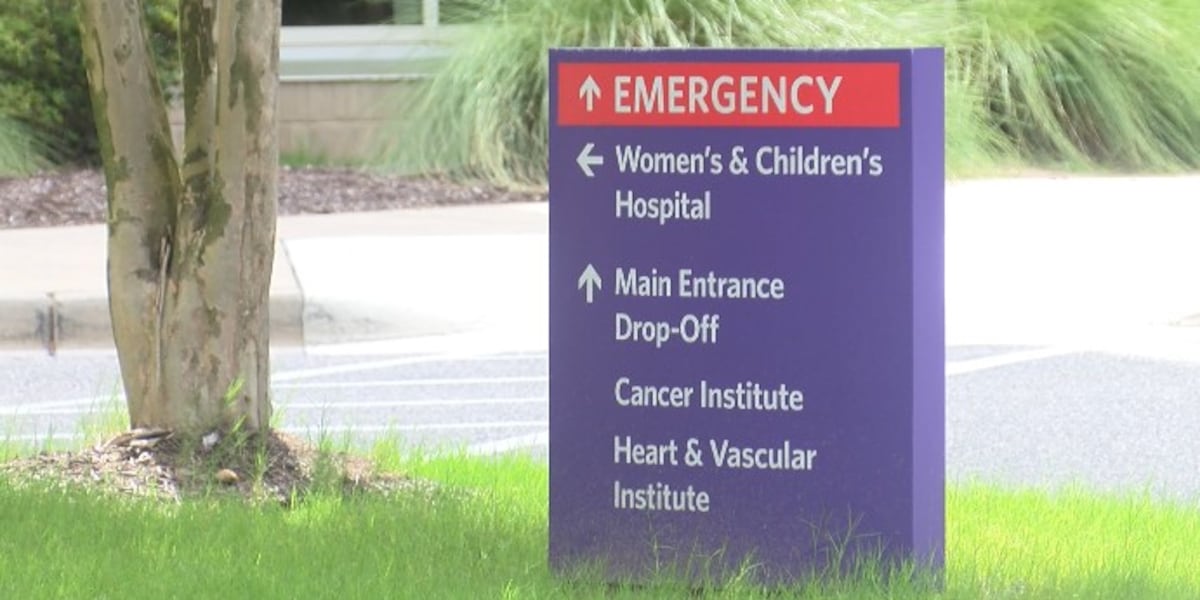Trump's Health Policies: A Risky Gamble – Lessons from History

Donald Trump's approach to healthcare has drawn considerable scrutiny, and for good reason. A deep dive into 20th-century medical history reveals a crucial truth: robust global health infrastructure is not a luxury, but a cornerstone of public health security. Undermining international cooperation and prioritizing isolationism in health policy, as some suggest Mr. Trump's policies have done, carries significant risks – risks that history has repeatedly demonstrated.
The 20th century was a period of unprecedented medical breakthroughs. From the eradication of smallpox, a disease that plagued humanity for millennia, to the development of antibiotics that revolutionized the treatment of infectious diseases, progress was largely driven by collaborative, international efforts. The World Health Organization (WHO), established in 1948, played a pivotal role in coordinating these efforts, facilitating the sharing of knowledge and resources across borders.
Consider the fight against polio. This crippling disease, which once terrified parents worldwide, was largely conquered through a global vaccination campaign spearheaded by the WHO and other international organizations. The success wasn't achieved by any single nation working in isolation; it required the coordinated efforts of scientists, healthcare professionals, and governments across the globe. The development and distribution of the polio vaccine were facilitated by international partnerships, proving that collective action is essential to tackling global health challenges.
Similarly, the response to the HIV/AIDS pandemic in the 1980s and 90s highlighted the importance of international collaboration. While the initial response was slow, the eventual mobilization of resources and expertise from around the world led to significant advances in treatment and prevention. The Global Fund to Fight AIDS, Tuberculosis and Malaria, established in 2002, is a testament to the power of international cooperation in addressing these devastating diseases.
The recent COVID-19 pandemic served as a stark reminder of the interconnectedness of global health. The rapid spread of the virus across borders demonstrated that no nation is immune to infectious diseases, regardless of its wealth or technological sophistication. A coordinated global response, including the sharing of data, research findings, and medical supplies, was crucial in mitigating the pandemic's impact. Weakening international health organizations or withdrawing from global health initiatives, as some have proposed, only serves to undermine our collective ability to respond to future health crises.
Mr. Trump’s policies, particularly his administration's withdrawal from the WHO during the COVID-19 pandemic and skepticism towards international collaborations, raise concerns about the long-term implications for global health security. History teaches us that isolating ourselves from the global community in matters of health is a dangerous gamble. It not only jeopardizes our own health but also undermines the health of the entire world. Investing in a strong, coordinated global health infrastructure is not just a moral imperative; it is a matter of national security.
Looking ahead, it is imperative that policymakers prioritize international cooperation and strengthen global health institutions. We must learn from the lessons of the past and recognize that a healthy world is a safer world for everyone. The challenges we face – from emerging infectious diseases to antimicrobial resistance – demand a collaborative, global approach. Ignoring this reality puts us all at risk.






